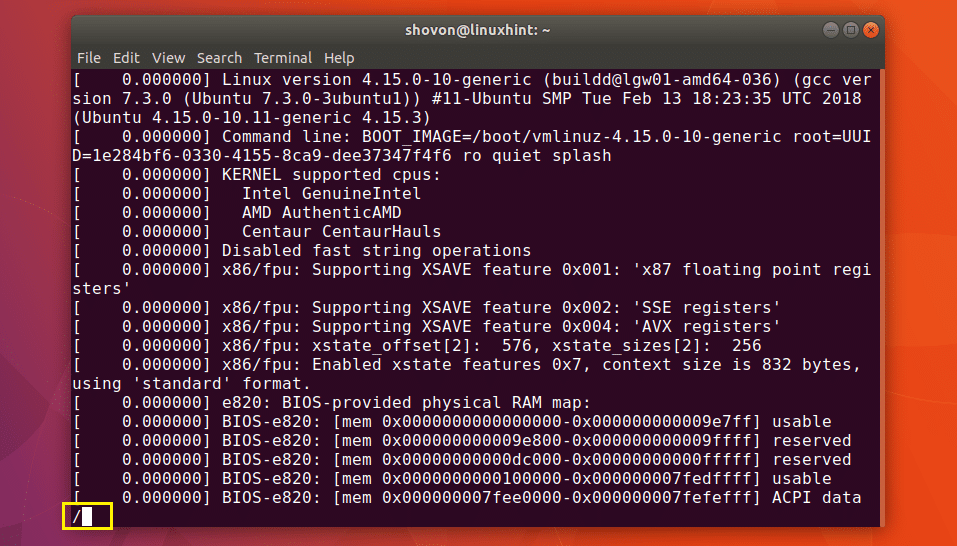

And thisĪll the sources used in this article are available onįirst of all we need hardware capabale of converting USB commands into I2Cĭata transfers. I2C connectors, so I want to try to create an USB to I2C adapter. The problem is that I don’t have any exposed The driver for Nintendo Wiichuk is not really architecture specific, so Iįigured that if I was able to connect the joystick to my laptop it would be cool

Me to use a joystick on the board, so the experience is somewhat incomplete. However there weren’t a lot of opportunities for It was an I2C input device and the driver was tested onīeagleBone Black Wireless. More filtering of things that aren't actual devices.In a few of the previous articles I was writing a driver for Nintendo Wiichuk. This is also the reason why we wrap the code in the parenthesis, so that we use a subshell, and the variables get wiped on each loop. The udevadm info -q property -export command lists all the device properties in a format that can be parsed by the shell into variables. eval "$(udevadm info -q property -export -p $syspath)" The exit exits the subshell, which flows to the next iteration of the loop. Otherwise you'll get things like USB controllers & hubs. This filters out things which aren't actual devices. This gives us the path in /dev that corresponds to this /sys device. devname="$(udevadm info -q name -p $syspath)" We want the directory path, so we strip off /dev. So we search for directories matching this criteria. dev/input/event4 - Logitech_HID_compliant_keyboardĮxplanation: find /sys/bus/usb/devices/usb*/ -name devĭevices which show up in /dev have a dev file in their /sys directory. dev/input/event3 - Logitech_HID_compliant_keyboard dev/input/mouse0 - Razer_Razer_Diamondback_3G dev/input/event2 - Razer_Razer_Diamondback_3G dev/input/mouse1 - Logitech_USB_Receiver

dev/input/event5 - Logitech_USB_Receiver dev/sdb1 - Lexar_USB_Flash_Drive_AA26MYU15PJ5QFCL-0:0

dev/sdb - Lexar_USB_Flash_Drive_AA26MYU15PJ5QFCL-0:0 On my system, this results in the following: /dev/ttyACM0 - LG_Electronics_Inc._LGE_Android_Phone_VS930_4G-991c470 #!/bin/bashįor sysdevpath in $(find /sys/bus/usb/devices/usb*/ -name dev) doĭevname="$(udevadm info -q name -p $syspath)"Įval "$(udevadm info -q property -export -p $syspath)" If we don't, you'll see a lot of things in the list that aren't physical devices. Typically only real USB devices will have this attribute, and so we can filter with it. So this answer is about finding the dev path for each device.īelow is a quick and dirty script which walks through devices in /sys looking for USB devices with a ID_SERIAL attribute. You mention 'port' several times, but then in your example, you say the answer is /dev/ttyUSB0, which is a device dev path, not a port. I'm not quite certain what you're asking.


 0 kommentar(er)
0 kommentar(er)
